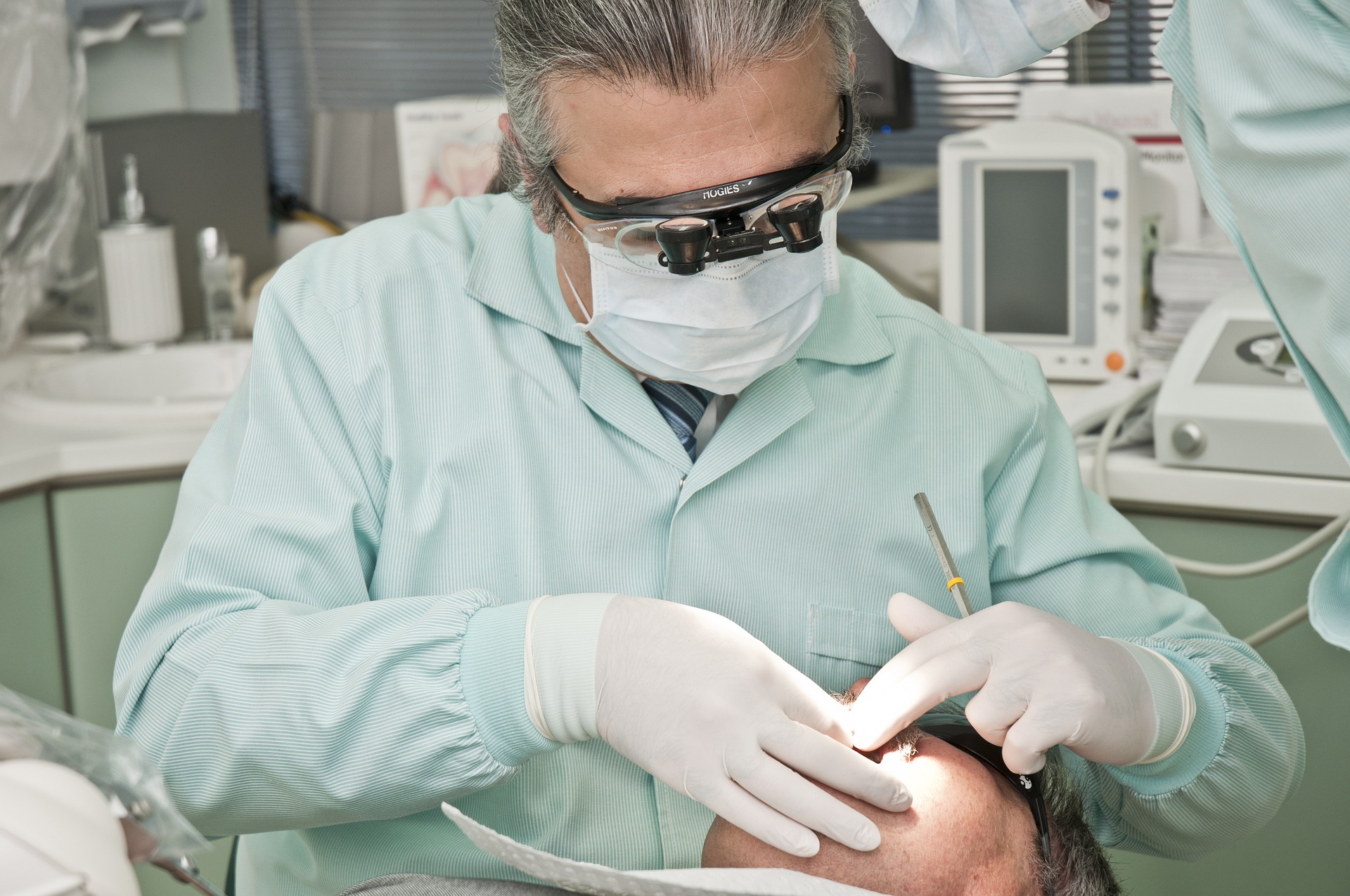Dental Implants Through HSE Dental Scheme: Complete Guide
In Ireland, dental implants through the HSE are typically reserved for patients with serious clinical needs. This guide helps you understand who qualifies, how to get referred, what documentation is needed, and what happens if your request is denied.

Eligibility for HSE-Funded Dental Work
The Health Service Executive (HSE) dental scheme in Ireland operates under strict eligibility guidelines for dental implant treatment. Primary eligibility requires holding a valid medical card or GP visit card, which provides access to public dental services. However, dental implants are only considered under exceptional circumstances, typically involving significant medical need rather than cosmetic improvement.
Clinical criteria include cases where conventional dentures are unsuitable due to severe bone loss, medical conditions affecting oral function, or when implants are necessary for cancer reconstruction. Age restrictions may apply, with priority given to younger patients who would benefit from long-term implant stability. The HSE also considers the patient’s overall health status and ability to maintain proper oral hygiene following implant placement.
Referral Pathway Through Public Clinics
Accessing HSE-funded dental implants requires following a specific referral pathway that begins with your local public dental clinic. Initial assessment involves comprehensive examination by a HSE dentist who evaluates your oral health and determines if implant treatment meets medical necessity criteria. This process cannot be bypassed through private dental referrals.
The referral pathway typically involves multiple appointments over several months. Following initial assessment, patients may be referred to specialist oral surgery units within HSE hospitals. These specialists conduct additional evaluations and determine treatment feasibility. The entire referral process can take 6-18 months before treatment approval, depending on clinic availability and case complexity.
Required Clinical Reports
Comprehensive clinical documentation is essential for HSE dental implant approval. Required reports include detailed medical history documenting any systemic conditions affecting bone healing or implant success. Radiographic evidence through panoramic X-rays or CT scans demonstrates bone density and anatomical considerations for implant placement.
Clinical reports must justify medical necessity rather than aesthetic concerns. Documentation should include failed conventional treatments, functional limitations affecting nutrition or speech, and psychological impact assessments. Specialist reports from relevant medical professionals, such as oncologists for cancer-related cases, strengthen applications significantly. All documentation must be current, typically within 12 months of application submission.
Typical Costs Not Covered
While HSE funding covers approved implant procedures, several associated costs remain patient responsibilities. Pre-treatment requirements like specialized imaging, bone grafting procedures, or sinus lifts often require private payment. These preparatory treatments can cost between €500-€3,000 depending on complexity and clinic location.
Ongoing maintenance costs including professional cleanings, replacement components, and potential complications are typically not covered under HSE schemes. Private insurance may provide partial coverage for these expenses, but coverage varies significantly between providers. Patients should budget for long-term maintenance costs when considering implant treatment through any pathway.
| Treatment Component | HSE Coverage | Private Cost Range |
|---|---|---|
| Initial Consultation | Covered | €80-€150 |
| CT Scan/Imaging | Limited | €200-€400 |
| Single Implant | Covered (if approved) | €2,500-€4,000 |
| Bone Grafting | Limited | €800-€2,500 |
| Crown/Restoration | Covered (if approved) | €800-€1,500 |
Prices, rates, or cost estimates mentioned in this article are based on the latest available information but may change over time. Independent research is advised before making financial decisions.
Alternatives to State-Funded Implant Treatment
Patients facing HSE funding limitations have several alternative treatment pathways available. Private dental implant treatment offers faster access and broader treatment options, though at significantly higher costs. Many Irish dental practices provide payment plans or financing options to make private treatment more accessible.
Dental tourism has become increasingly popular, with patients traveling to European countries for implant treatment at reduced costs. However, this approach requires careful consideration of follow-up care, warranty coverage, and potential complications requiring local treatment. Alternative treatments like improved denture designs, implant-supported dentures, or bridges may provide functional solutions at lower costs than full implant treatment.
The HSE dental scheme provides valuable access to implant treatment for eligible patients with documented medical need. However, the strict criteria, lengthy referral pathways, and limited coverage mean many patients explore private alternatives. Understanding the complete process, required documentation, and associated costs helps patients make informed decisions about their dental treatment options. Whether pursuing HSE funding or private treatment, consulting with qualified dental professionals ensures appropriate treatment planning for individual circumstances.




